Brazil’s favelas forced to fight coronavirus alone
By DW
05 July 2020 |
7:00 am
Brazil's densley populated favela communities have been largely abandoned by the state in the fight against coronavirus. Residents are now organizing their own responses to contain the pandemic.
In this article
Related
Related
1 day ago
As elections near, India's nationalist BJP is trying to wrestle votes away from the opposition in Indian-administrated Kashmir. But standard campaign tactics might not be enough to win over Muslim voters in the region.
3 hours ago
Coups, sanctions, and withdrawal of member states; the Economic Community of West African States (ECOWAS) must either reform or decline, observers warn.
9 hours ago
A UN-led event to secure donations to address Ethiopia's humanitarian crisis fell short of its $1 billion target. The East African country has been hit by conflict and extreme weather in recent years.
1 hour ago
Riot police aimed to remove protests from outside the Soviet-era Parliament building in Tbilisi. Lawmakers have approved for further reading a draft bill of the Russian-styled "foreign agents" bill.
1 day ago
Authorities in Germany's Bavaria say they want to restrict the use of cannabis at festivals and beer gardens. Germany legalized recreational marijuana earlier this month, a move opposed by the Bavaria-based CSU.
1 day ago
Solomon Islanders began voting on Wednesday in a crucial election that will decide China's foothold in the Pacific region.
Polling booths opened at 7 a.m. local time on Wednesday (2000 GMT on Tuesday), with almost 420,000 registered voters to elect 50 members of the national parliament.
There are more than 1,000 polling stations scattered across the Solomons archipelago, 2,000 kilometers (1,200 miles) off Australia's coast.
Latest
1 hour ago
She has featured in Beyoncé's music videos, choreographed a sell-out stage musical and brought underground nightclub moves to the stage of the Opéra de Paris. Now Josepha Madoki is hosting a weekend of waacking in the Musée d'Orsay’s imposing entrance hall; she tells us more about this 1970s queer subculture and how she became France’s unofficial queen of waacking. She also tells us about the phone call from her friend and colleague, Sidi Larbi Cherkaoui, which led to a video shoot in the Louvre with Beyoncé and Jay-Z. Plus, Josepha explains why sports and the performing arts are complementary disciplines as she discusses her part in the Paris 2024 Cultural Olympiad.
3 hours ago
Barcelona riot police kept Paris Saint-Germain and FC Barcelona fans apart to prevent potential clashes ahead of the second match in the Champions League quarter-finals on Tuesday.
9 hours ago
More than 1,000 people have succumbed to cholera, while tens of thousands across Africa have been infected in a series of deadly cholera outbreaks since the beginning of 2024.
1 day ago
Chess master, Tunde Onakoya, has embarked on a mission to surpass the Guinness World Record for the longest chess marathon. The event, which is currently underway at New York City's iconic Times Square, started at 5pm on Wednesday, April 17, and is scheduled to end at 8pm on April 19. Onakoya is set to engage in an intense chess marathon, aiming to play for 58 hours without a single defeat.
1 day ago
Find these stories and much more when you grab a copy of The Guardian on Thursday.
1 day ago
ing Abdullah II of Jordan defends his country's actions in shooting down Iranian missiles on Saturday, saying that Jordan's security comes above all else. Also, MPs in the UK back a new bill to ban smoking in the country, but Prime Minister Rishi Sunak faces rebellion from within the Conservative Party. Finally, Paris Saint-Germain mount a comeback to beat Barcelona and qualify for the Champions League semi-final, with one Spanish newspaper blaming the result on "suspect refereeing".
×

Get the latest news delivered straight to your inbox every day of the week. Stay informed with the Guardian’s leading coverage of Nigerian and world news, business, technology and sports.


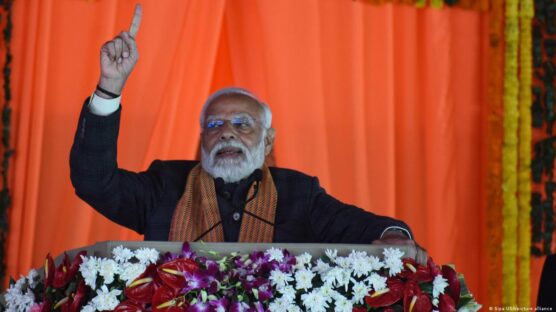

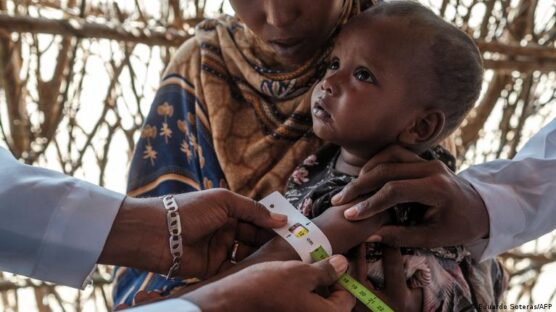
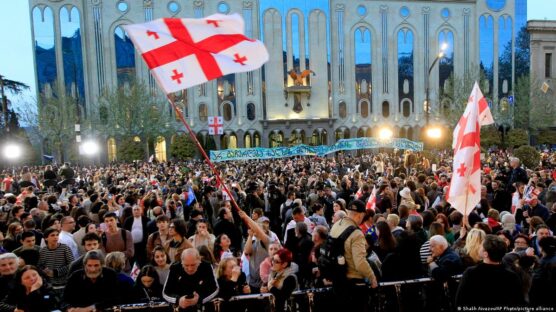

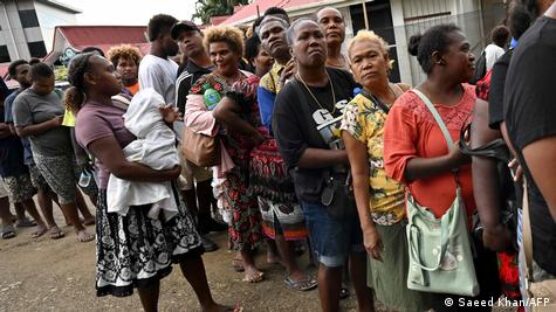






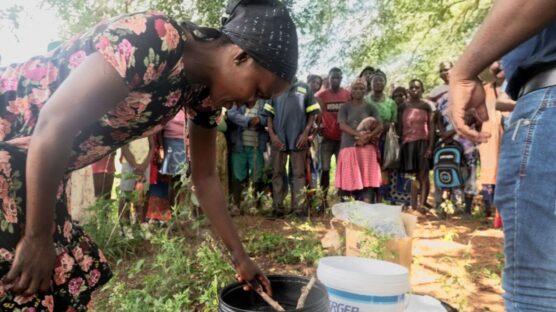



0 Comments
We will review and take appropriate action.